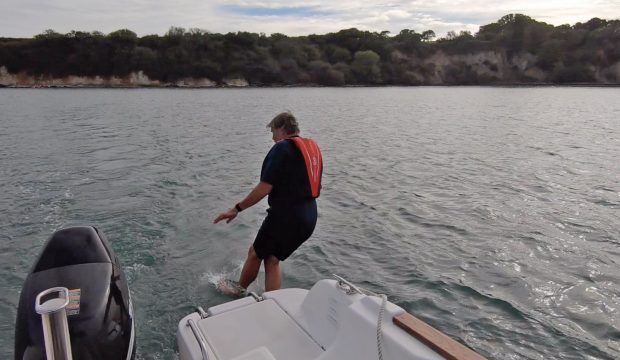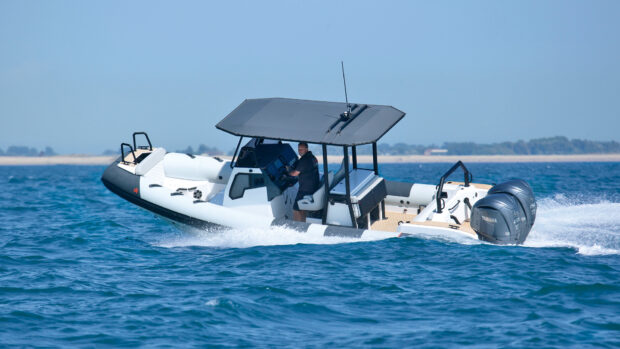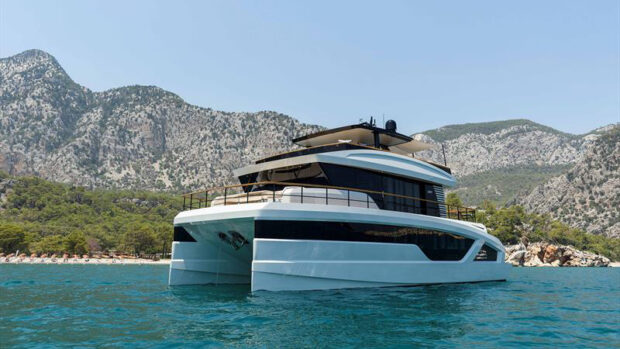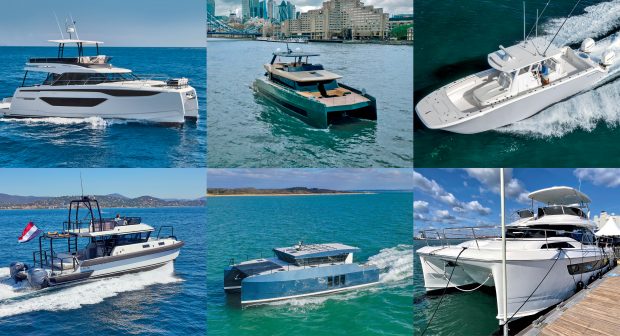Find out where relevant companies and associations stand on the issue of kill cord safety
Pascoe International
Do you think the current design of the kill cord could be improved upon and why?
Yes, current kill cord systems are cheap and simple, but often fail over time, or the owner uses an old or damaged cord leading to the unit being disabled, not used or in an unserviceable state.
Which of the six readers’ suggestions do you favour?
We feel the only true way to tackle the problem is better awareness and training. All the other suggestions rely on the user or create potential other operation or policing issues.
Would you consider using one of these systems on your engines/boats?
We are looking at wireless kill cord options and do include clear use instructions with our boats. However we are restricted as a builder by what is warranted by the engine suppliers. A number of inboard diesel engines used in small open boats have no engine manufacturer warranted kill cord option.
Do you think customers would be prepared to pay more for a safer, more user-friendly solution?
We think that customers would object to an expensive or complicated system when they would feel that they would use a kill cord correctly. This is really where training and awareness come in, as the customer would actually seek out a builder who offers a more user-friendly or comprehensive option.
How would you like to see things develop from here?
Engine manufacturers need to offer better, longer lasting cut-off solutions for small boatbuilders. Offering the engine with a quality kill switch as standard (common in outboards, less so with inboards) and offering the option of a manufacturer-approved wireless system is a good way forward. The boatbuilders themselves should then have no excuse not to be fitting kill cords and including instructions on use in their own documentation, regardless of RCD requirements









